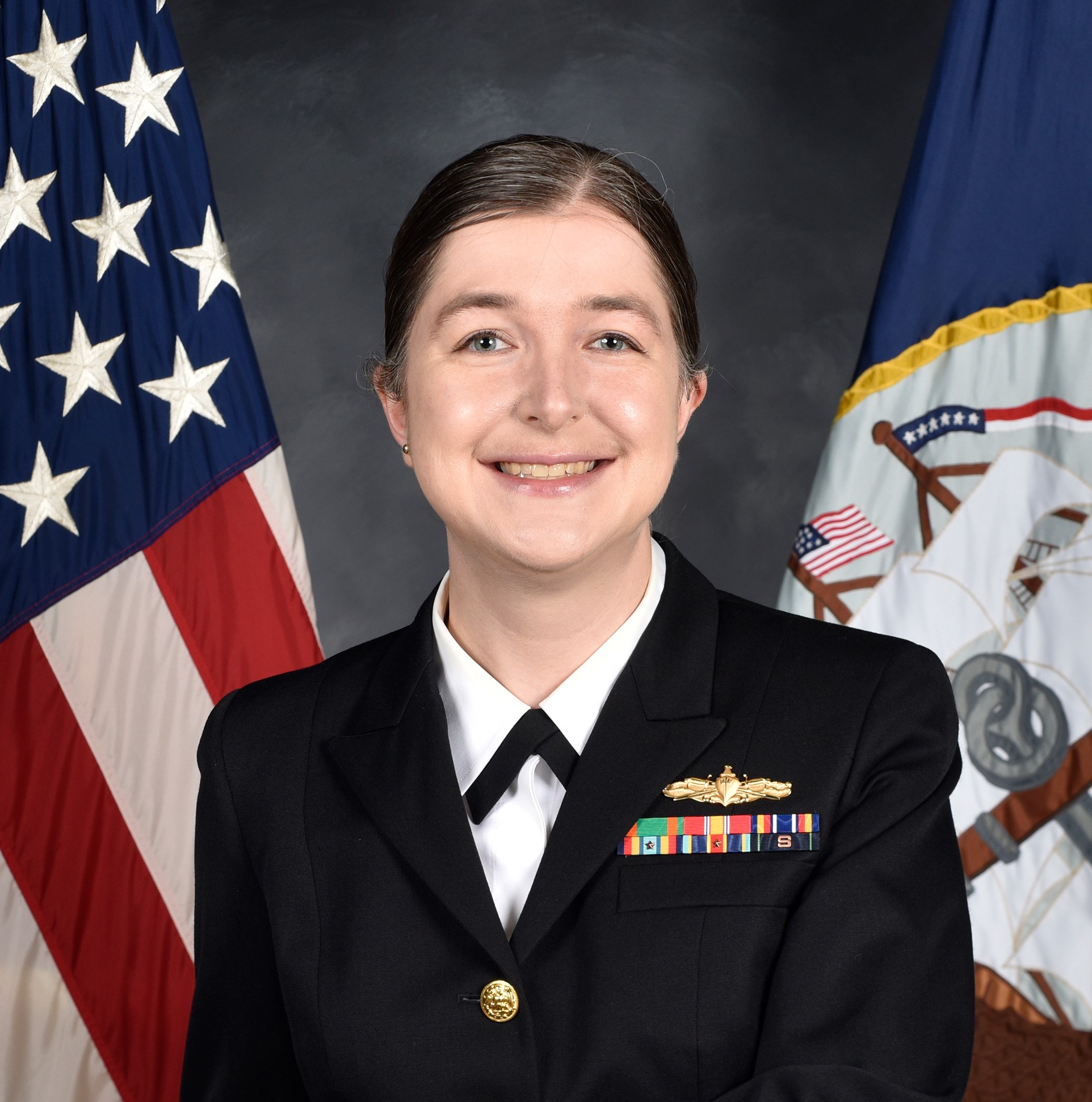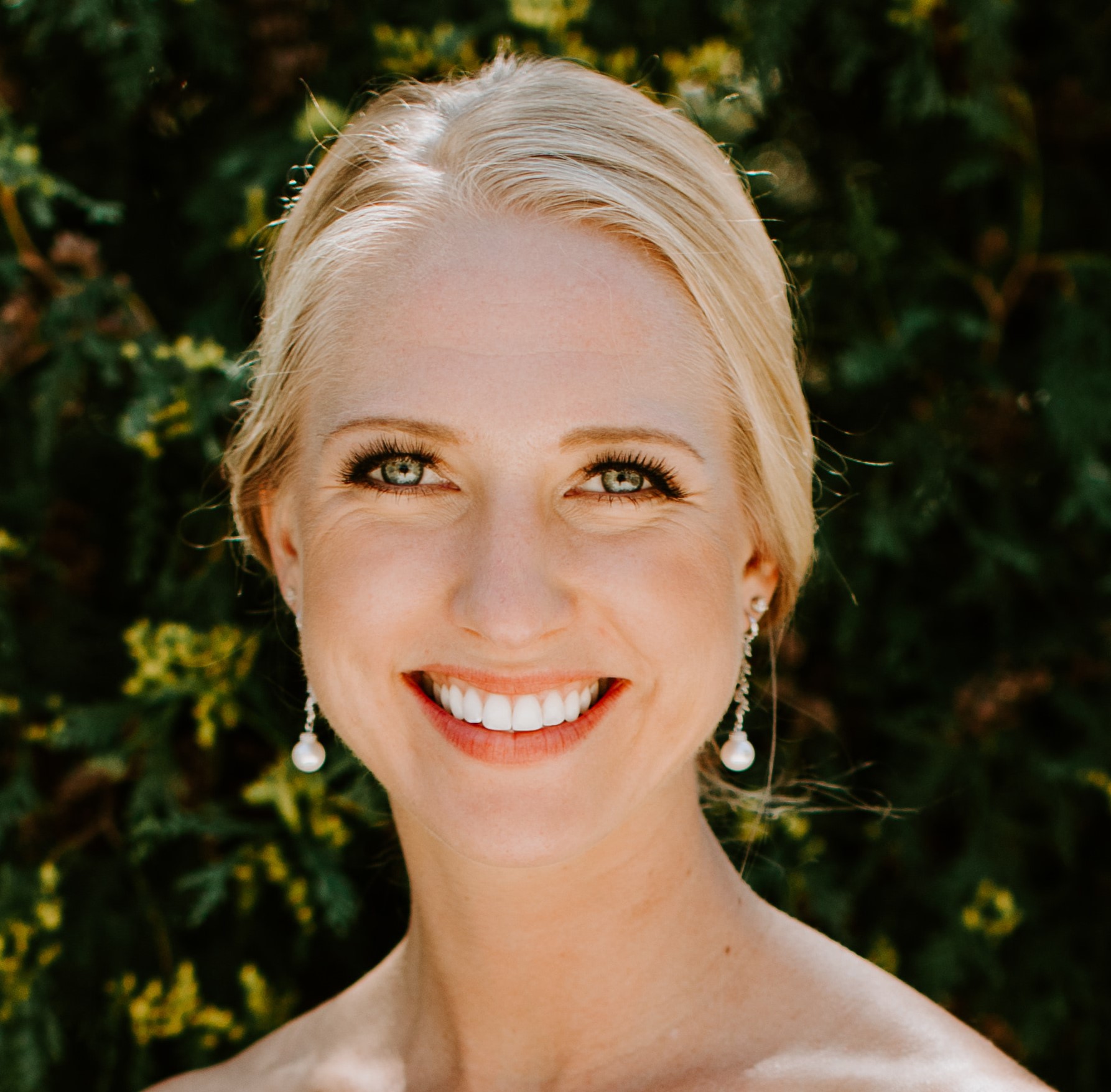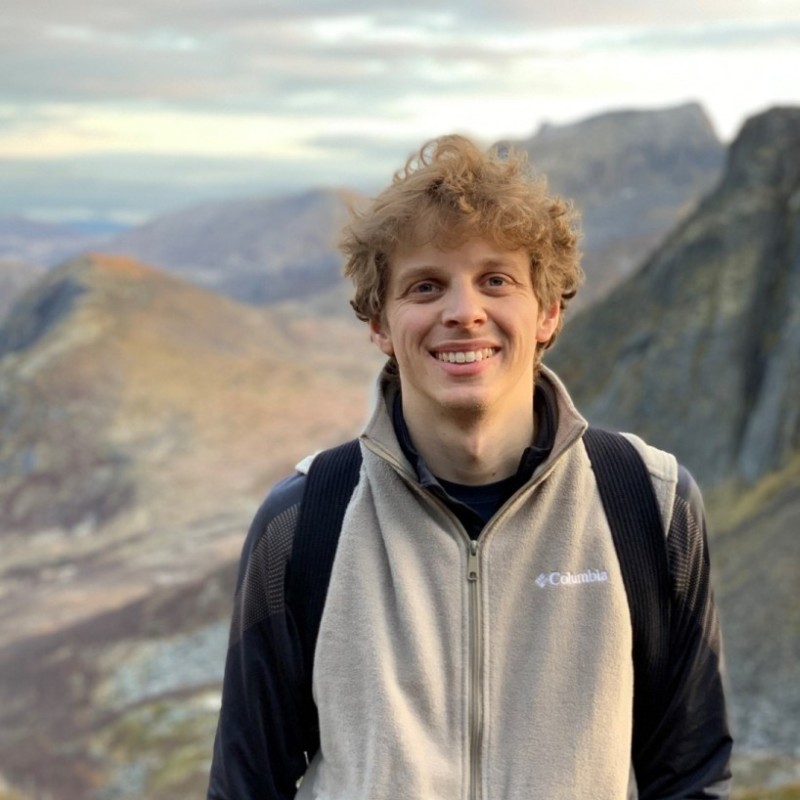Honoring Our Veterans: Leanne Matthews

Leanne served in the Navy for about seven years and was a nuclear surface warfare officer. Her main duty in this role was aiding with the operations and supervision of the nuclear reactors that power the aircraft carriers. From her experience in the Navy, Leanne was able to hit the ground running in her role at McKinstry as the measurement and verification program manager for the Mountain Region.
In the Q&A below, you can learn more about Leanne’s experience in the Navy and as a veteran.
Learn More About Leanne’s Experience:
I have been with McKinstry for about five months and am the measurement and verification program manager for the Mountain Region. My team works on Energy Performance Contract (EPC) work, particularly in Colorado in which there are three years of measurement and verification required for EPC projects. So, after a project is completed, my team’s job is to look at things like trend data and Building Automation Systems (BAS) screenshots to make sure that the savings we guaranteed are actually happening for our clients.
As far as the adjustment goes, McKinstry has been great. Work-life balance is certainly improved and there is more flexibility. For example, working remotely is now an option for me, which was not the case with my role in the Navy.
I served for about seven years and was a nuclear surface warfare officer in the Navy, which sounds really scary because people think of nuclear weapons, but in general terms, I helped with the operations and supervision of the nuclear reactors that power our aircraft carriers.
I did about a year of training in Charleston, South Carolina which was a crash course on nuclear physics and actual watch-standing and was then sent out to the fleet where we started standing watch. I was a watch officer for one of the two nuclear plants on the carrier and I had between 10 and 25 watch standers who reported to me. I was stationed in Japan for the majority of my time.
Definitely working with other countries’ navies. I did an exercise with the Singaporean Navy with other junior officers, and we went to their ship for two days to see how they operate. We also got to do an exercise with the South Korean Navy and got to eat lunch with some of the South Korean junior officers and went for a hike as well. The international cooperation I experienced while being in the Navy was incredible.
Being in the Navy in the middle of the Covid-19 outbreak was certainly memorable as well. It was an interesting experience getting an entire carrier of 5,000 people underway while making sure we were not bringing Covid onboard.
I also really enjoyed getting to know my watch team as partners but also as humans. Yes, we did have formality but it’s not like we were robots, we definitely got to know each other on a personal level and because of that we were a successful team.
My experience in the Navy gave me a lot of leadership skills like problem-solving, critical thinking and flexibility. In the Navy, it constantly felt like when I put one fire out, six more popped up, so I had to learn to have a “roll with the punches” attitude. These skills also came into play when there were problems that arose with the reactors; not only did I have to be able to communicate the problem clearly, but I also had to bring solutions to the table. These skills have definitely been useful in my current role at McKinstry.
The ability to “drink from the firehose” as they say. When I first started in this role at McKinstry, I did not know much about measurement and verification, however, I was able to hit the ground running and not be afraid to ask questions and I think that comes from my experience in the Navy.
I actually did not come in through “Hiring Our Heroes”. I came in through the Cohen Partners Nuclear Conference which McKinstry has participated in a couple of times since I have been here.
What I can say is that I am incredibly grateful that I landed here. McKinstry has great leadership and management, plus, everyone I work with is extremely helpful and kind. All of which have greatly helped me transition into my role.
My advice would be to have an open mind because it can be a big shift that takes some getting used to, especially structure-wise. For example, I recently emailed the Vice President of Sales and Marketing for Energy and Technical Services about something, whereas, in the Navy, I would have gone through several individuals before reaching out to a higher-up.
Explore Other Insights

Optimizing ESG From the Field to the Boardroom
Building a thriving planet touches every aspect of our business By Joseph Hagar | President, Chief Financial…

McKinstry’s Kate Pearson on Implementing Building Efficiency
“When both the development team and the client achieve the same goals by saving money, saving energy and making build…

McKinstry’s David Ramsey on Renewable Energy Innovation
“One of my favorite parts of my job is presenting a solution to a client — that moment when they understand the oppor…